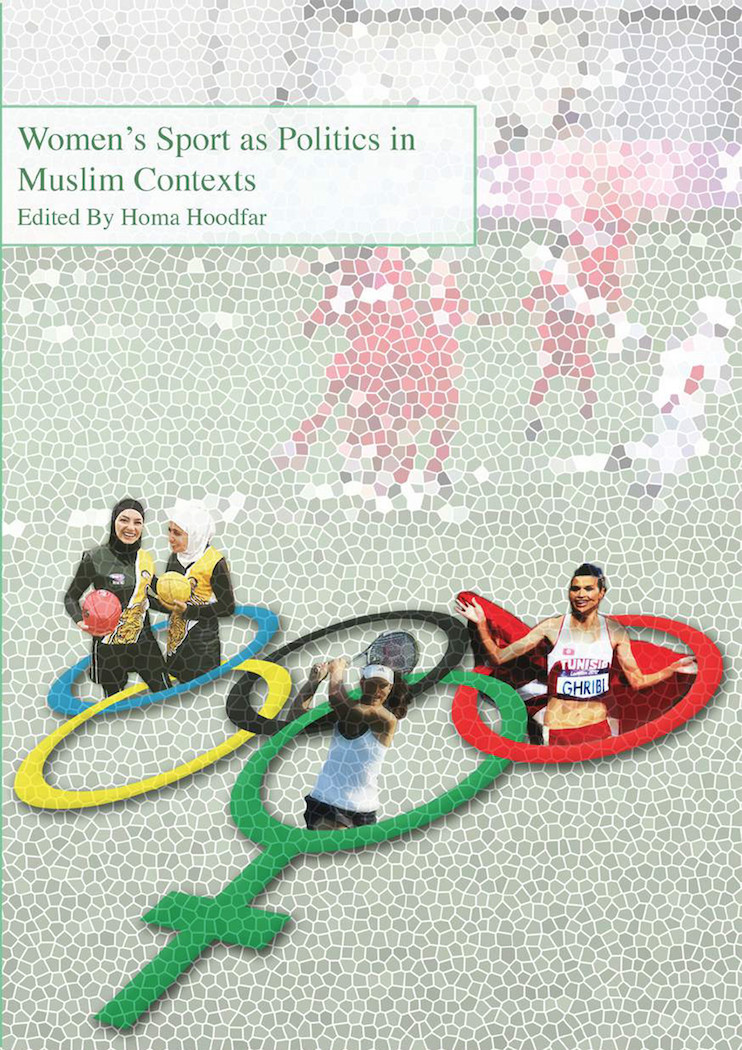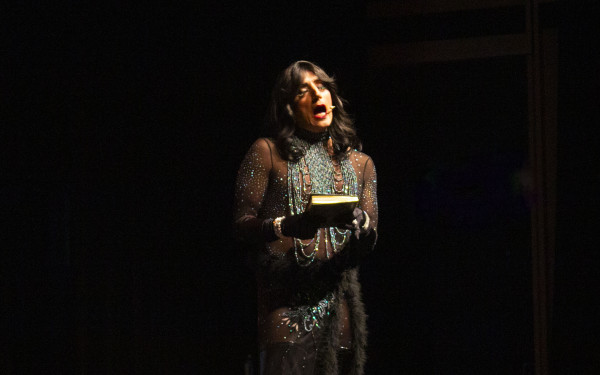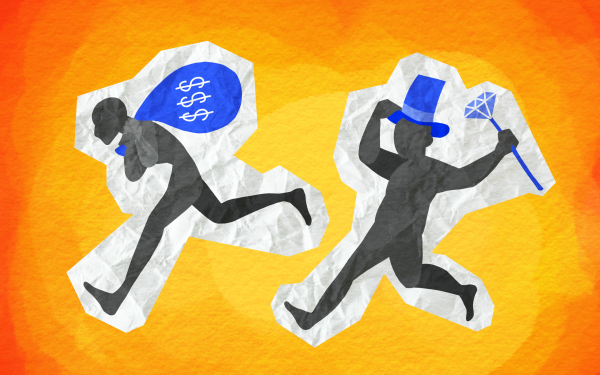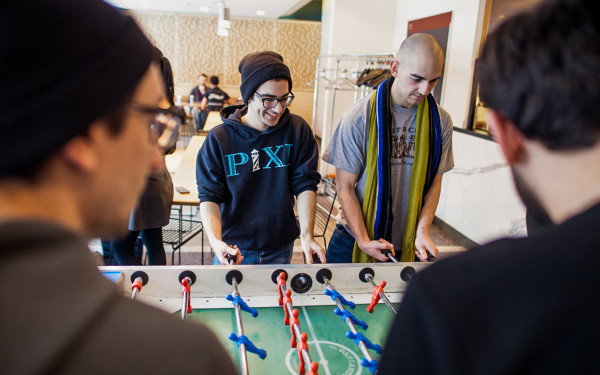Homa Hoodfar Launches Book About Women in Sports
Former Concordia professor presents her book on campus
It is rare, even perhaps nonsensical, that a book launch be held for a book that had been released 16 months beforehand. However, in this case, there were ample reasons.
“This book has been a long ways in the making,” said Homa Hoodfar, its author. “I was supposed to have a book launch in London in April and another in Montreal in May just before the Olympics. As fate would have it, this didn’t end up happening.”
Hoodfar unveiled her latest work “Women’s Sports as Politics in Muslim Contexts” at Concordia University’s Webster Library on Wednesday night, a mere six months after being released from a Tehran prison. Hoodfar was arrested and detained for 112 days on charges of collaborating with a hostile government against national security and propaganda against the state.
The event was held in collaboration with the university’s Simone de Beauvoir Institute—Concordia’s school for women’s studies. Because Hoodfar was imprisoned when she initially planned on holding her book launch last year, the event did not go on. Concerns were instead directed at getting Hoodfar out of prison.
“In the Parliament, you can change the law, but through a sport, you can change not just the state, but the global community.” — Homa Hoodfar
Months later, the SDBI was thrilled to be able to host the event in the presence of Hoodfar herself.
“I spoke out in the media when she was imprisoned,” said Dr. Genevieve Rail, a professor in the department. “I never thought that I would have her right next to me. I am elated and full of joy to see her and have her with us.”
Hoodfar has long been interested in the status of women and more particularly, their place in the sports world. She remembers visiting Iran in 1981 and noticing a sudden spike in popularity when it came to sports and exercise amongst women.
“I realized that there was something important happening,” said Hoodfar in an interview following her talk. “Women were using sports as a way to contest the state. Through sport, they can make their voices heard and force the state to negotiate with them.”
She researched and collected data on the topic for many years before beginning work on the book in 2007, following a number of symposiums held on the status of Muslim women in sports.
What Hoodfar has found most fascinating in all her research has been the determination of Muslim women in having their voices heard. When the International Olympic Committee and Muslim-led governments refused to allow Muslim women to participate in the Olympic Games, they sought Games of their own. They advocated for the holding of the Muslim Women Olympics, which was eventually on four separate occasions.
“This showed that women can get the state involved and make demands,” said Hoodfar.
Hoodfar is continuing her work, focusing specifically on helping promote women’s demands to be represented in Parliament. She said, however, that the ability to effect change is more easily achieved through sport.
“In the Parliament, you can change the law, but through a sport, you can change not just the state, but the global community,” said Hoodfar. “You can change people’s views of the role of women, but also change the women themselves through participation and solidarity with others, only achieved through sports.”
In addition to print copies, the book is available for free online and can be accessed here.






_600_375_90_s_c1.jpg)
